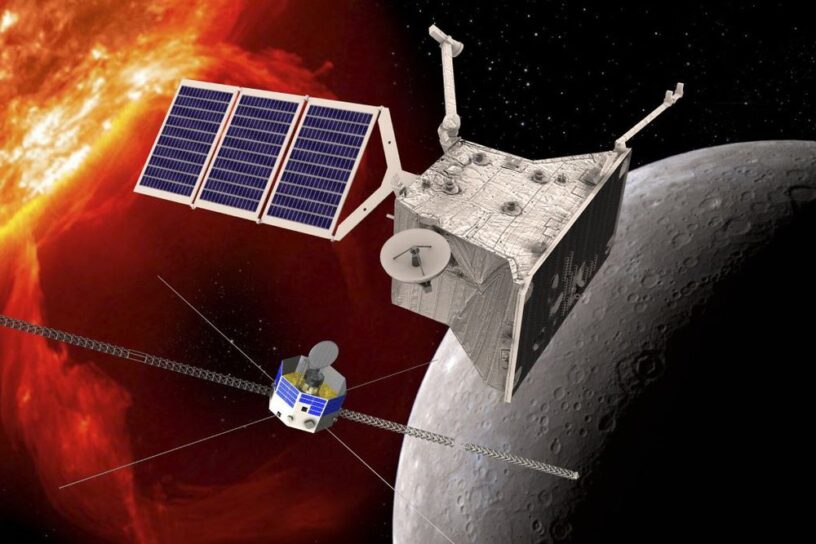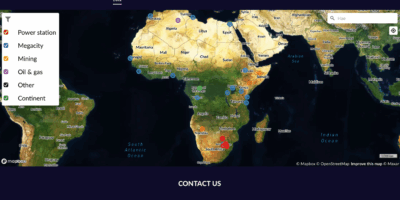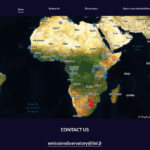European Research Council awarded competetive ERC Consolidator Grant funding to Riku Järvinen’s project at Finnish Meteorological Institute. The grant is for five years and approximately two million euros. The project improves our understanding of space weather.
The funded project studies space weather as observed by the European Space Agency’s and Japan Aerospace Exploration Agency’s BepiColombo Mercury orbiters and modeled by computer simulations. The project increases our ability to mitigate adverse effects of space weather to technological systems and humans in space near Earth and elsewhere in the solar system.
The project brings new scientific understanding especially about the generation and dynamics of energetic particles in magnetospheres and properties of strong space weather phenomena. In addition, solar wind particles impacting on the surface minerals of Mercury are studied; these impacts release atoms and molecules from the planetary surface leading to the formation of a tenuous exosphere.
”The ERC project enables the development of a new type global particle simulation model for space weather. We will use it to interpret new observations from Mercury’s magnetosphere as well as space weather at other planets in the future”, says scientist Riku Järvinen from the Finnish Meteorological Institute.
Strong investment in BepiColombo instrumentation
BepiColombo arrives at Mercury in December 2025. After this, the two probes are inserted into their own orbits around the planet. Finnish Meteorological Institute lead the development of a joint micro controllel for the Finnish-lead SIXS instrument and the English-lead MIXS instrument in the BepiColombo program. The participation in BepiColombo is among the biggest investments in solar system exploration missions by Finland.
”In addition to Earth, several advanced numerical simulation models for space weather of all terrestrial planets, Moon and other smaller celestial bodies have been developed at the Finnish Meteorological Institute since 1990s. We have also participated in building instrumentation and international science programs on many solar system missions”, says Riku Järvinen.
European Research Council (ERC) is the premier European funding organisation for excellent frontier research. Latest statistics show that the ERC Consolidator Grant calls in 2013–2021 received on average about 2500 proposals per year, and 13 % of those were funded. On average, 85 proposals per year were submitted from Finland in these calls and 7 % of those were funded. ERC Starting and Advanced Grants had similar success rates.
Finnish Meteorological Institute is the only research institute in Finland that has received more than one ERC grant since the establisment of the ERC in 2007.
Further information:
Scientist Riku Järvinen, Finnish Meteorological Institute, riku.jarvinen@fmi.fi








Leave a Reply
You must be logged in to post a comment.